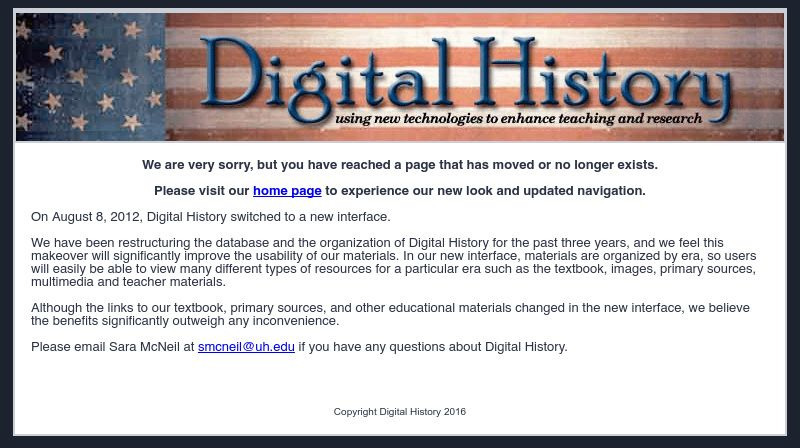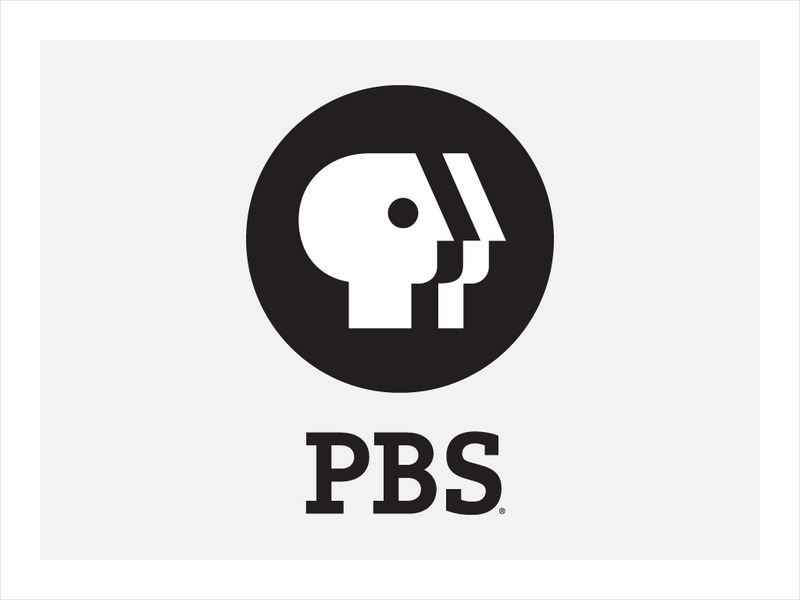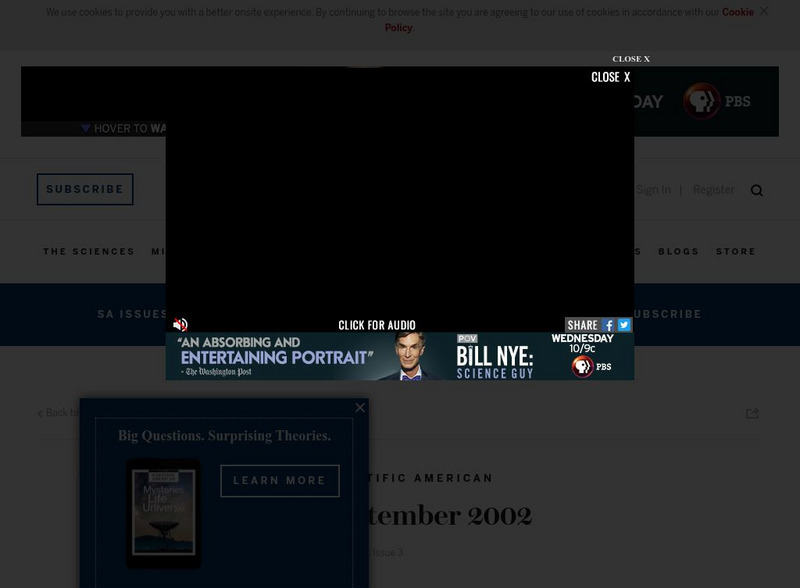Digital History
Digital History: The Birth of American Popular Culture
American popular culture was many-faceted prior to the Civil War. Find out about the explosion of the number of newspapers and magazines, the many kinds of popular entertainment, and even phrenology as entertainment.
PBS
Pbs Teachers: Scientific American: Make Up Your Mind: Mind Mapping
Investigate the pseudoscience of phrenology and its attempt to organize and assign different purposes to different parts of the brain. Create a phrenology chart on a bathing cap and compare it to modern understanding of brain function...
PBS
Pbs Teachers: Scientific American: The Wonder Pill: Placebo 1
Investigate how the brain can be fooled into incorrectly processing sensory information. Conduct an experiment to fool someone into thinking you've touched his or her hand.
PBS
Pbs Teachers: Scientific American: The Wonder Pill: Placebo 2
Identify the physiology of how a placebo affects the brain through "ritual expectations." Perform an experiment to explore how the manner in which a ritual is presented may affect the outcome of its success.
Other
Stephen Lower: Chemistry Websites
Stephen Lower is a retired chemistry professor from Simon Fraser University who unceasingly continues work in the world of chemistry. Lower provides websites that will enhance chemistry and pseudoscience lessons for both educators and...
PBS
Pbs Teachers: Beyond Science?: Paper Personality
Investigate the claims of handwriting analysts by designing and implementing an experiment to test how well handwriting matches or reflects personality. Discuss the pros and cons of using handwriting analysis in a job application process.
Simon Fraser University
Chem1 Virtual Textbook: What Is Pseudoscience?
Pseudoscience studies various fields of science that make claims to be legitimate, but researchers and academics argue that pseudoscientific discoveries do not hold up to typical standards of testing and proof. Examples are the Lunar...
PBS
Pbs Teachers: Scientific American: Beyond Science?: Healing Touch
Use the scientific method to investigate the claims of "energy field" therapists. Design an investigation to study the claims of biomagnetic therapy.
Scientific American
Scientific American: Smart People Believe Weird Things
This article, published by Scientific American (September 2002), explores how smart people can believe weird and silly things. The article comes to the conclusion that our beliefs are shaped more by our environment than our understanding...










